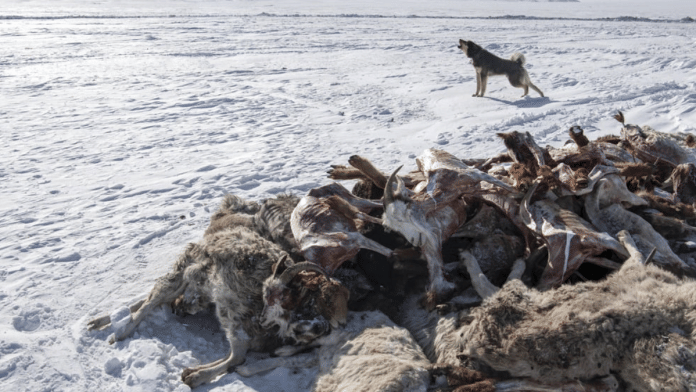Mongolia faces significant climate-related challenges, including rising temperatures and intensifying aridity, impacting the traditional nomadic herding lifestyle of many Mongolians. Climate-related hazards, such as dzuds, are increasing in severity and frequency, leading to high livestock mortality. These climate change risks disproportionately affect women and vulnerable communities, including herders and rural to urban migrants.
According to an ADB press release, the program will help strengthen the institutional framework, investment planning, and budgeting system for climate action. This will include policy actions that would catalyze investments in renewable energy generation, energy efficiency use in the buildings sector and climate-resilient agriculture, livestock, and food processing. It will help further enhance climate finance and resource management by strengthening the funding and financing of investments in climate action through the issuance of green and sustainable bonds and increasing the green loan portfolio of the banking sector.
The program will help strengthen the institutional framework, investment planning, and budgeting system for climate action. This will include policy actions that would catalyze investments in renewable energy generation; energy efficiency use in the buildings sector; and climate-resilient agriculture, livestock, and food processing.
ADB is committed to achieving a prosperous, inclusive, resilient, and sustainable Asia and the Pacific, while sustaining its efforts to eradicate extreme poverty. Established in 1966, it is owned by 69 members–49 from the region, the release stated.






